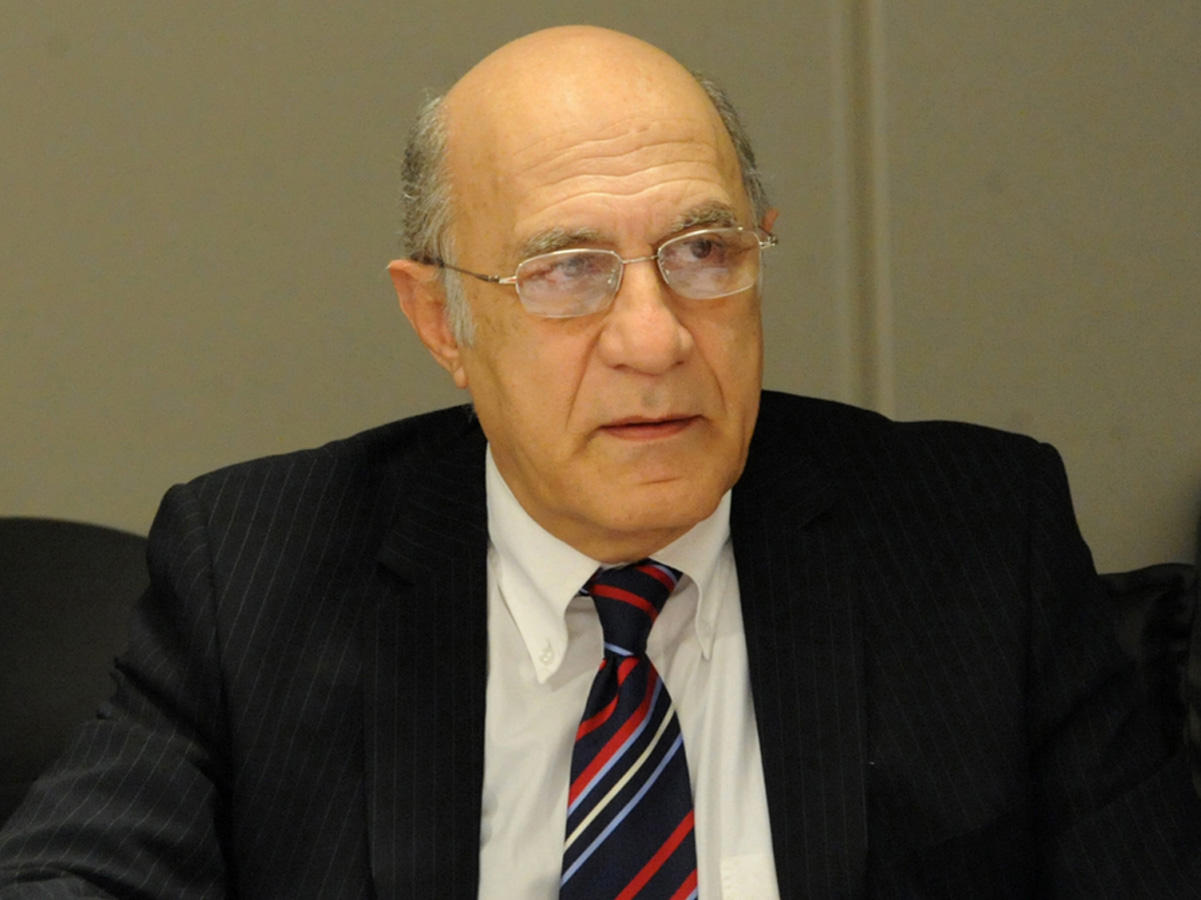Analyst: Azerbaijan broke Pashinyan stereotype on attracting third party to Karabakh talks

By Trend
A positive point regarding the upcoming meeting of the leaders of Azerbaijan and Armenia is that Azerbaijan managed to break the Pashinyan stereotype about attracting a third party, that is, representatives of the separatist regime, to the negotiation process on the settlement of the Armenia-Azerbaijan Nagorno-Karabakh conflict, Fikrat Sadikhov, a well-known Azerbaijani political analyst, former diplomat, told Trend.
On March 1, the leaders of Azerbaijan and Armenia accepted the proposal by the OSCE Minsk Group co-chairs to meet under their auspices in the near future.
Sadikhov said that even despite that Pashinyan makes some whimsical statements, like “We agree to negotiations not because we are discussing the Karabakh problem, but so far we are preparing for the negotiation process” and so on, all these words are far from the real picture.
“Pashinyan understands that Armenia and Azerbaijan are the main players, because they are parties to the conflict, and the resolution of the whole complex of issues related to this problem depends on them,” Sadikhov noted. “It is clear that all this time he has been saying that he won’t speak on behalf of the Nagorno-Karabakh, and, in practice, he doesn’t do it. I think Pashinyan realizes that Armenia’s well-being, its way out of isolation and its further existence depend on their concessions and the final settlement the conflict, the liberation of Azerbaijani lands, but apparently so far he isn’t confident enough. He looks back at those who subject him to sharp criticism and periodically demand a report from him on the negotiations with Azerbaijan.”
Sadikhov added that Pashinyan understands the destructiveness of the situation in which Armenia found itself.
“I suppose that the current Armenian leadership should ultimately realize that their future is connected with the final settlement of the conflict and the withdrawal of Armenian troops from the occupied territories,” he said. “In my opinion, this is the main condition of the negotiation process at this stage when it comes to the Madrid Principles, which imply a phased settlement, which means initially liberation of the occupied territories around Nagorno-Karabakh, and then negotiations on the Nagorno-Karabakh.”
The former diplomat believes that Azerbaijan should exert political, diplomatic and even military pressure on Pashinyan.
The Co-Chairs of the OSCE Minsk Group (Igor Popov of the Russian Federation, Stephane Visconti of France, and Andrew Schofer of the US) met with Armenian Prime Minister Nikol Pashinyan in Yerevan Feb. 20 and Azerbaijani President Ilham Aliyev in Baku Feb. 21 to discuss preparations for a meeting of the leaders in the near future, including possible topics for discussion.
Following their visit to the region, the Co-Chairs and the Personal Representative of the OSCE Chairperson-in-Office travelled to Vienna and Bratislava from Feb. 28 to March 1 to brief the Permanent Representatives of the OSCE Minsk Group countries, OSCE Secretary General Thomas Greminger, and OSCE Chairperson-in-Office Slovak Foreign Minister Miroslav Lajcak, according to the statement.
The conflict between the two South Caucasus countries began in 1988 when Armenia made territorial claims against Azerbaijan. As a result of the ensuing war, in 1992 Armenian armed forces occupied 20 percent of Azerbaijan, including the Nagorno-Karabakh region and seven surrounding districts.
The 1994 ceasefire agreement was followed by peace negotiations. Armenia has not yet implemented four UN Security Council resolutions on withdrawal of its armed forces from Nagorno-Karabakh and the surrounding districts.
---
Follow us on Twitter @AzerNewsAz
